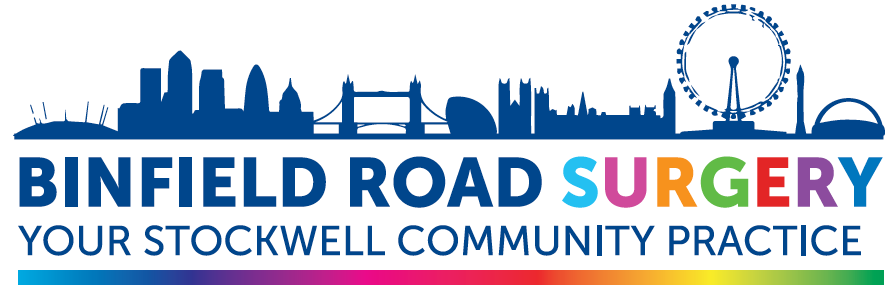Requests for prescriptions outside of our normal process place significant pressure on both doctors and administrative staff, and increase the risk of medication errors.
Please allow at least 2 working days for your routine prescription request to be completed.
Please Respect Our Staff and Prescription Policy
Our reception and administrative staff are required to follow this policy at all times and are not authorised to make exceptions.
This policy is in place to ensure the safety of both patients and staff. We kindly ask for your understanding and cooperation.
Abuse towards our staff will not be tolerated under any circumstances. They are here to help and are simply following the procedures set by the practice.
Urgent Repeat Medication – Help from Your Pharmacy
If you forget to request a repeat prescription and run out of important medication, your local pharmacy may be able to help.
Under the Urgent Provision of Repeat Medication Service, pharmacists can sometimes supply a further cycle of your regular repeat medication without needing a prescription from your GP.
What to do:
- Call your usual pharmacy to check if they offer this service
- If they don’t, they may direct you to another pharmacy that does, or advise you to call NHS 111 for help finding a participating pharmacy
What you’ll need:
- Proof of identity
- Proof of your medication (such as a repeat prescription slip or an empty medication box with your name and details).
Please note: Controlled drugs and antibiotics cannot be supplied through this service. For these, you must call NHS 111.
Further information about out-of-hours medicines
Requesting emergency prescriptions via 111
Hospital Prescriptions
If you are given a prescription at the hospital, please make sure you collect your medication from the hospital pharmacy before leaving. Hospital prescriptions cannot be used at community pharmacies, including your usual pharmacy.
If you ask us to issue the medication instead, please note:
- It will be processed routinely within 2 working days
- Urgent medications should be supplied directly by the hospital
- Some hospital-prescribed medications cannot be issued by your GP, as they are not licensed for prescribing in general practice
Holiday Medication
If you are going away, please make sure to request your routine medication in advance, allowing the usual 2 working days for processing.
- We can supply a maximum of 3 months’ medication
- Supporting documents (such as travel confirmation) may be required
- We do not issue emergency prescriptions for holiday medication
Unless the medication is clinically urgent (as listed on this page), all prescription requests will be processed routinely within 2 working days.
The following medication may be issued on an urgent same-day basis
You could endure harm within 2 working days by missing doses of these medications. These medications should be requested urgently if you have run out:
- Reliever inhalers and Nebuliser solutions – e.g., ipratropium, salbutamol and terbutaline
- All anticoagulants – e.g., apixaban, edoxaban, dabigatran, rivaroxaban and warfarin
- Anti-epileptic medications (for epilepsy management only) – e.g., carbamazepine, gabapentin, lamotrigine, levetiracetam, phenobarbitone, phenytoin, topiramate and valproate
- Anti-psychotic medications – e.g., aripiprazole and haloperidol
- Medications for Schizophrenia/Bipolar/Psychosis – e.g., lithium, olanzapine, quetiapine and risperidone
- Parkinson’s medications – e.g., co-beneldopa, co-careldopa and levodopa
- Long-term steroids (For patients who take steroids every day) – e.g., dexamethasone, fludrocortisone and prednisolone
- Nitrates and anti-angina medications – e.g., glyceryl trinitrate spray, isosorbide mononitrate, isosorbide dinitrate, ivabradine, nicorandil, verapamil and ranolazine
- Anti-arrhythmic drugs (For cardiac arrhythmias only – not for treatment of high blood pressure) – e.g., amiodarone, atenolol, digoxin, diltiazem, flecainide, propranolol (not for anxiety), sotalol and verapamil
- Palliative care medications (end of life) – e.g., anticipatory drugs, cyclizine, diamorphine, glycopyrronium, levomepromazine, midazolam and water for injection
- Heart failure medications – e.g., bisoprolol, bumetanide and furosemide
- Diabetic medications (for type 1 diabetics only) – e.g., all insulin, metformin, needles, test strips and sharps bins
- Anaphylaxis injections – e.g., EpiPens
- Specialised baby milk


